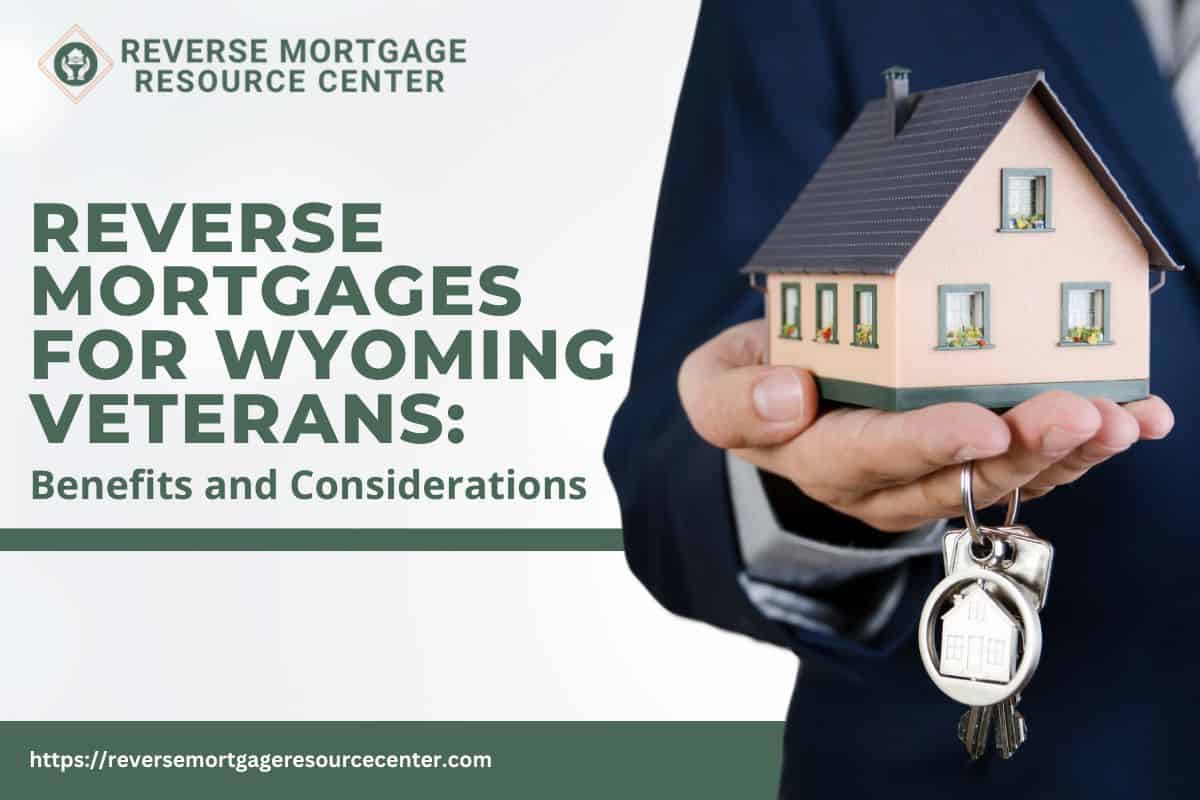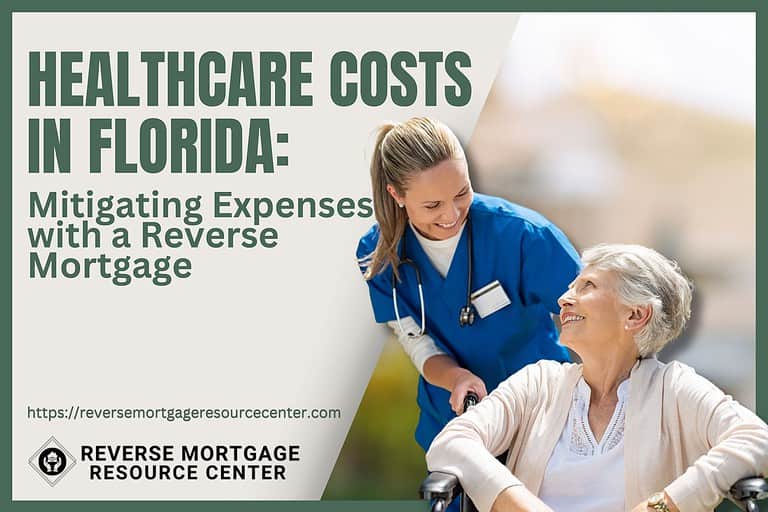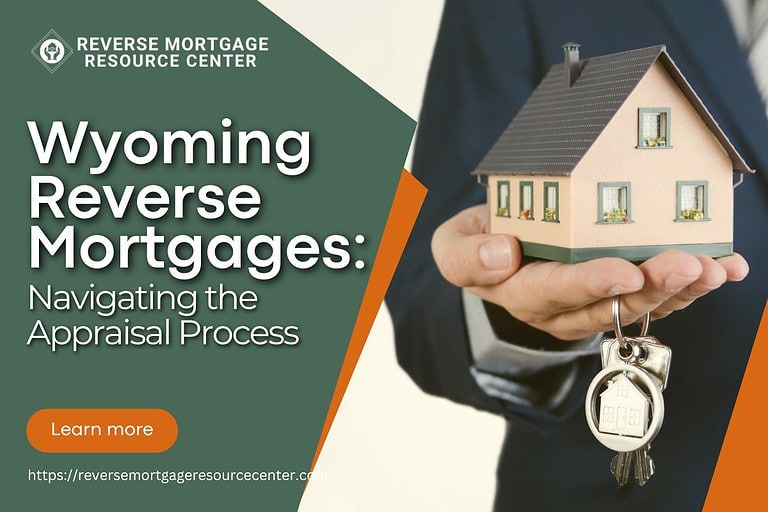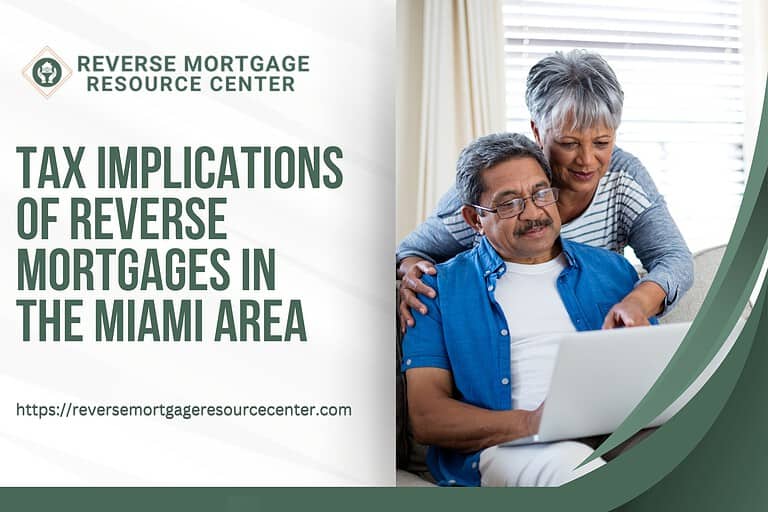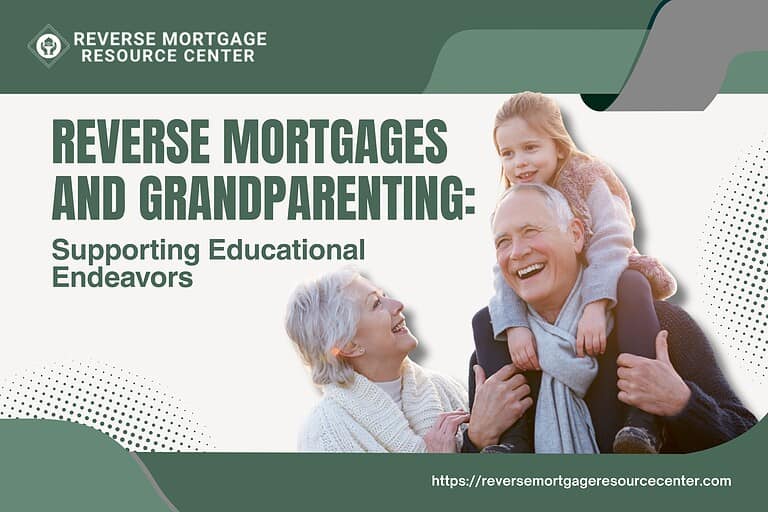Reverse Mortgages for Wyoming Veterans: Benefits and Considerations
After a lifetime of hard work and dedication, retirement is supposed to be a time of leisure and enjoyment. However, for many Wyoming elders, financial difficulties can put a pall over their golden years. If you’re a Wyoming veteran suffering financial issues in retirement, you’ve probably heard of reverse mortgages as a possible option. This detailed article will examine the benefits and considerations of reverse mortgages for Wyoming veterans.
Understanding Reverse Mortgages
What is a Reverse Mortgage?
A reverse mortgage converts a part of a homeowner’s equity into cash to use for homeowners aged 62 and over. Unlike a traditional mortgage, which requires monthly payments to the lender, a reverse mortgage provides funds to you. When the homeowner sells the house, moves out, or passes away, the debt is then due and payable.
The HECM Program for Veterans
Veterans in Wyoming can get a reverse mortgage called the Home Equity Conversion Mortgage for Purchase (HECM for Purchase or H4P). This program is insured by the Federal Housing Administration (FHA). It is specifically designed to assist seniors, including veterans, purchase a new primary residence using the equity from their existing home.
Benefits of Reverse Mortgages for Wyoming Veterans
1. Supplemental Retirement Income
The additional monies that a reverse mortgage can provide is one of its most significant benefits. This can be a lifeline for Wyoming veterans trying to make ends meet in retirement. Funds from a reverse mortgage might cover everyday living expenditures, healthcare charges, or well-deserved vacations.
2. No Monthly Mortgage Payments
Traditional mortgages necessitate monthly payments, which can be too expensive for seniors on fixed incomes. Reverse mortgages, on the other hand, do not require monthly mortgage payments. This can liberate a significant chunk of your income, allowing you to live a more comfortable retirement.
3. Stay in Your Home
Wyoming soldiers frequently maintain strong attachments to their hometowns and communities. A reverse mortgage allows you to remain in your house for as long as you like and meet certain criteria, such as paying your property taxes and insurance on time. This is especially tempting to veterans who wish to age in place.
4. Flexible Disbursement Options
Reverse mortgages allow you to choose how you want to receive the funds. A lump sum of cash, a line of credit, monthly payments, or a mix of these choices are available. This flexibility allows you to adjust the distributions to your unique financial requirements and goals.
5. Government-Backed Insurance
HECM reverse mortgages are insured by the FHA, which means you are protected if the lender goes out of business or the loan balance exceeds the home’s value. This government support gives veterans extra security and peace of mind.
6. Use Your Home Equity Strategically
With a reverse mortgage, you can tap into the equity accumulated in your property without selling it. This can be a wise financial decision, allowing you to invest in other income-generating assets or pay off existing debts, thus enhancing your financial condition in retirement.
7. No Restrictions on How You Use the Funds
There are no restrictions on using the funds you get from a reverse mortgage. You can make house upgrades, pay medical bills, or take that dream trip.
8. Non-Recourse Loan
A reverse mortgage is a non-recourse loan, which means you and your heirs will never owe more than the home’s value. If the total loan balance exceeds the home’s worth when sold, FHA insurance will cover the difference, shielding your heirs from additional debt.
Considerations for Wyoming Veterans
While reverse mortgages have many advantages, it is critical to carefully analyze the potential drawbacks and how they may affect your financial condition.
1. Loan Costs
Reverse mortgages, like standard mortgages, have fees and closing costs. These charges can vary, so knowing what to spend upfront is critical. These charges include origination costs, mortgage insurance premiums, and service fees.
2. Impact on Heirs
When the last borrower passes away, their heirs must repay the reverse mortgage loan. They can sell the house or refinance it to repay the loan. It’s critical to talk to your family about your decision to get a reverse mortgage and ensure they understand the repercussions.
3. Home Equity Reduction
As interest accumulates, the reverse mortgage balance grows over time. This might steadily deplete your home’s equity, potentially leaving less for your successors. The FHA insurance, conversely, guarantees that you will never owe more than the home’s value, shielding your heirs from excessive debt.
4. Impact on Government Benefits
A reverse mortgage may affect your eligibility for means-tested government assistance such as Medicaid or Supplemental Security Income (SSI). You should speak with a financial counselor to understand how a reverse mortgage may affect your benefits.
5. Counseling Requirement
You must seek counseling from a HUD-approved counselor before applying for a reverse mortgage. This is important to ensure you completely grasp the loan’s terms and ramifications.
Is a Reverse Mortgage Right for You?
You must carefully analyze your circumstances and aspirations to determine whether a reverse mortgage is the correct financial decision. Here are some questions to consider:
1. Do you require additional income in retirement to meet living expenditures or healthcare costs?
2. Do you expect to remain in your current residence in the near future?
3. Are you familiar with the fees and costs involved with reverse mortgages?
4. Have you talked to your family and heirs about your decision?
5. Are you willing to attend the mandatory counseling session?
REVERSE MORTGAGE RESOURCE CENTER ~LIVE LIFE ON YOUR TERMS~
Our Lending Team has been serving our clients since 2004. We are passionate about serving our clients with integrity to help them achieve their financial goals.

